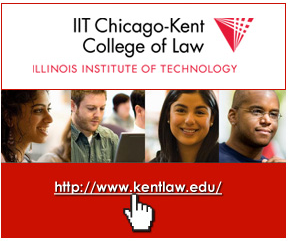Court agrees to hear crime lab case (March 17, 2008)
The Supreme Court has jumped into a Sixth Amendment argument over whether crime lab reports may be used as evidence without having the expert who prepared them testify.
In November 2001, Luis E. Melendez-Diaz was arrested and charged with cocaine trafficking in Boston. During his trial, the prosecution relied on crime lab reports about substances taken from one of another man who was also arrested. Jurors were told that these reports could be relied upon as proof that the substance seized contained cocaine.
The jury convicted Melendez-Diaz and sentenced him to three years in prison and three years’ probation. He appealed the decision, arguing that the admission of the lab reports were “testimonial” evidence subject to the Confrontation Clause of the Sixth Amendment.
The defense relied upon the 2004 Supreme Court decision in Crawford v. Washington, in which the court held that any out-of-court statement that is
“testimonial” in nature is not admissible, unless the witness testifies and the defendant has had a prior opportunity for cross-examination. The opinion did not define what would be considered a “testimonial” statement.
In July 2007, the Appeals Court of Massachusetts rejected this argument. The Massachusetts Supreme Judicial Court denied review without comment.
In asking the Supreme Court to take the case, attorneys for Melendez-Diaz point to a “six-to-five” split among federal appeals courts and state courts of last resort and urge the justices to resolve the issue.
“Forensic reports are an integral part of a large number of criminal prosecutions. Exempting them from the rigors of the adversarial process poses a significant threat of wrongful convictions,” the brief states. “And the holding below – namely, that a state forensic analyst’s sworn report analyzing evidence the police seized at a crime scene is not testimonial – is incorrect.”
Meanwhile, the state in its reply brief urged the court to let the appeals decision stand.
“Only a handful of courts have adopted the bright-line rule urged by Petitioner, which would render testimonial – and, thus, subject to the Confrontation Clause – all laboratory reports prepared for use at trial,” the brief argues. “This interpretation of the Confrontation Clause would impose enormous burdens in countless criminal cases by needlessly requiring live testimony from laboratory technicians who are unlikely to have any independent recollection of one – out of the thousands – of tests they routinely perform.”
The Supreme Court has passed up review of similar cases, including Iowa v. Bentley, which concerns whether a report of an interview with a child about a
crime can be used as evidence even if the child does not testify.
Question presented:
Whether a state forensic analyst’s laboratory report prepared for use in a criminal prosecution is "testimonial" evidence subject to the demands of the
Confrontation Clause as set forth in Crawford v. Washington, 541 U.S. 36 (2004).








